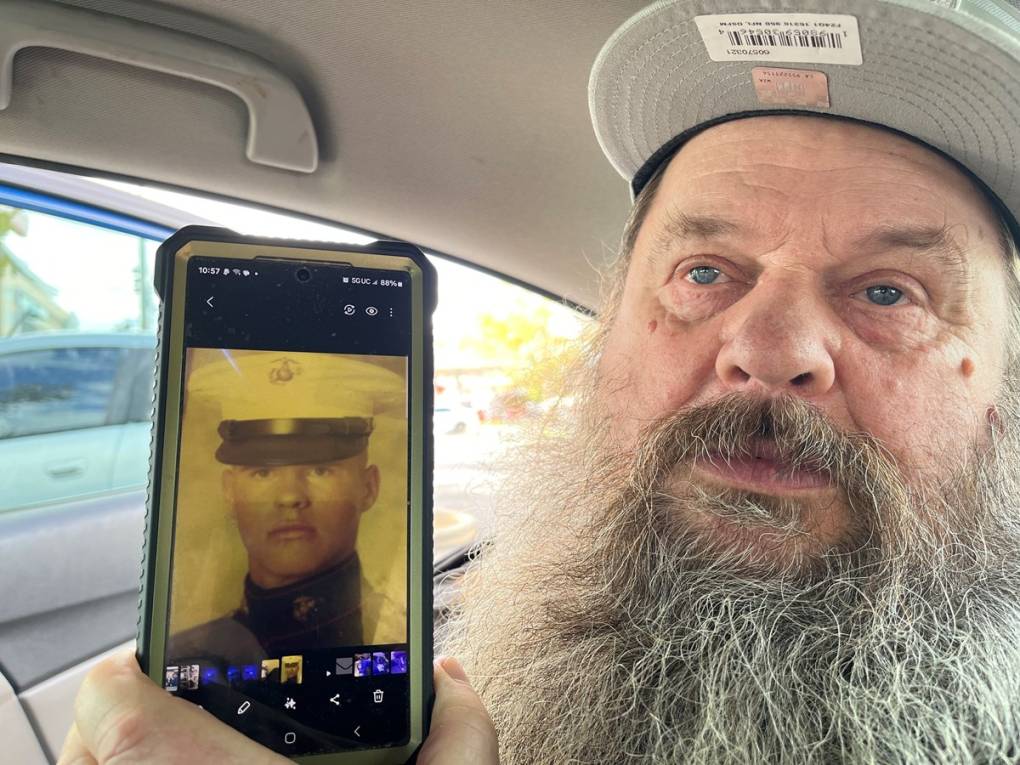Newsom had hoped to pass the bill at the end of this year’s regular session but wasn’t able to get it through. In a statement, he said he had called for a special session this fall to address gas price spikes after identifying the problem as a result of gas-related bills passed during a special session last year.
Assemblymember Alex Lee, one of the principal co-authors of ABX2-1, said that working through the bill in a special session has given lawmakers more time to focus on the oil industry.
“We are opening up the big oil and oil industry to more scrutiny by our public regulators, enabling us to understand more how they price gouge and set prices,” he told KQED. “The more and more we’ve learned from the sector, there are very few … actors who play a big part in why there are so many shocking price spikes at the pump.”
The WSPA criticized the special session as unnecessary. Catherine Reheis-Boyd, the industry association’s CEO, said the state should be focused on retaining its refiners, which have dropped from 30 to nine since the 1990s.
“We don’t need a rushed special session to address the needed infrastructure and investment that we should be talking about to keep refineries running and producers producing,” Reheis-Boyd told KQED. “In our opinion, the conversation should be focused on production, on pipelines, on ports and all that impact on refineries.”
As time ran out on the regular legislative session, Newsom had found himself locked in a stalemate with lawmakers over his energy agenda and whether to call the special session, which Senate President Pro Tem Mike McGuire (D–Healdsburg) was initially firmly against.
Republicans and labor groups also opposed the bill, and it did not receive universal support from Newsom’s own party.
Almost a fourth of Senate Democrats did not support the bill — Sen. Melissa Hurtado (D–Sanger) joined Republicans in voting against it, and eight Democrats abstained or were absent. The bill passed the Senate on Friday with a 23–9 majority.
In the previous Assembly vote, Assemblymembers Jasmeet Bains (D–Delano) and Esmeralda Soria (D–Fresno) joined Republican lawmakers opposing the bill, while 44 voted in favor. The other 17 lawmakers abstained.



